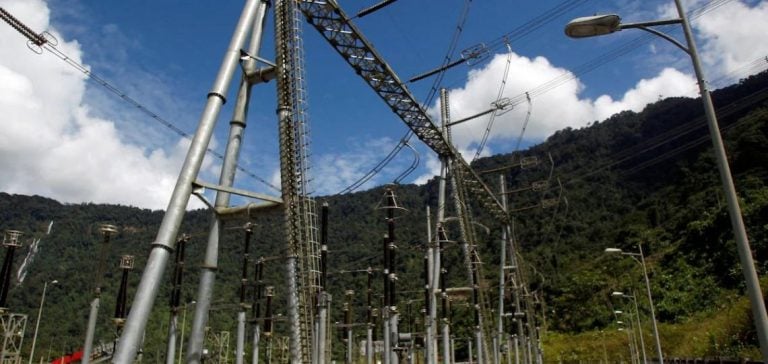Ecuador is facing an unprecedented energy crisis, marked by the introduction of rotating nationwide blackouts.
This decision, announced by the authorities, is a direct response to a severe drought that is affecting the operation of hydroelectric power plants, essential to the country’s electricity production.
The government has stated that this drought is the most severe seen in 61 years, which has led to the need to responsibly manage the national power system.
Starting on Monday, power cuts will be applied four nights a week, with durations varying from two to four hours depending on the sector and distribution company.
Energy Minister Antonio Goncalves has specified that some regions, where 70% of electricity demand depends on hydroelectric production, will not be subject to these restrictions.
This approach is aimed at minimizing the impact on economic activities and adapting citizens’ working hours.
The government has also imposed teleworking for the public sector on Thursdays and Fridays for the next two weeks.
Economic and social impact of power cuts
Power cuts have significant economic consequences.
According to the Chamber of Commerce of the Port of Guayaquil, Ecuador loses around 12 million dollars per hour of blackout.
This situation is all the more worrying in a context where the country has already experienced prolonged water cuts, reaching up to 13 hours a day in April.
Hospitals and emergency services are exempt from these cuts, but the situation remains critical for many businesses that depend on a stable electricity supply.
The government has also introduced curfews in six provinces and in the mining town of Camilo Ponce Enriquez, due to violence linked to drug gangs.
This measure, combined with the energy crisis, further complicates the situation for citizens and businesses.
At the same time, the armed forces have been deployed to ensure the security of critical infrastructures, such as the Mazar dam, which supplies water to several hydroelectric plants.
Government responses and future prospects
Faced with this crisis, the Ecuadorian government has declared a state of emergency in the electricity sector.
Due to low river flows, the country is facing an energy deficit of around 1,000 megawatts.
To alleviate this situation, the government has acquired a thermal generation barge, which should offset part of this deficit.
However, this temporary solution raises questions about sustainability and increased dependence on non-renewable energy sources.
Antonio Goncalves emphasized the importance of these measures, saying,
“We need to act quickly to guarantee the continuity of electrical service while preserving the safety of our infrastructures.”
This statement highlights the need for a balanced approach between the management of energy resources and public safety.
Long-term consequences and challenges of decarbonization
The current situation raises crucial issues for Ecuador’s energy future.
Dependence on hydroelectricity, although renewable, exposes the country to risks linked to climatic variations.
The need to diversify the energy mix is becoming ever more pressing, in particular by integrating alternative renewable energy sources.
Decarbonizing the energy sector is a long-term goal, but the immediate challenges of drought and security must be addressed as a priority.
The power cuts and emergency measures put in place by the Ecuadorian government illustrate the tensions between natural resource management and economic needs.
As the country navigates through this crisis, it is essential to consider sustainable solutions that guarantee not only energy security, but also resilience in the face of future environmental challenges.






















